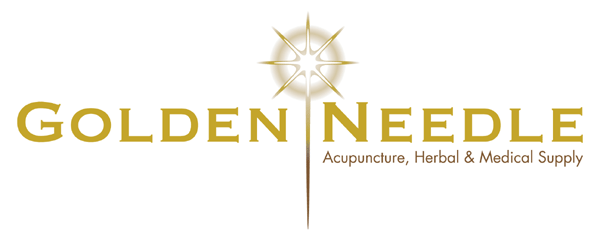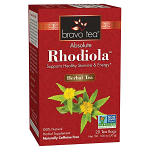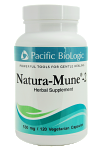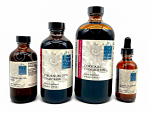Ginseng & Rhodiola
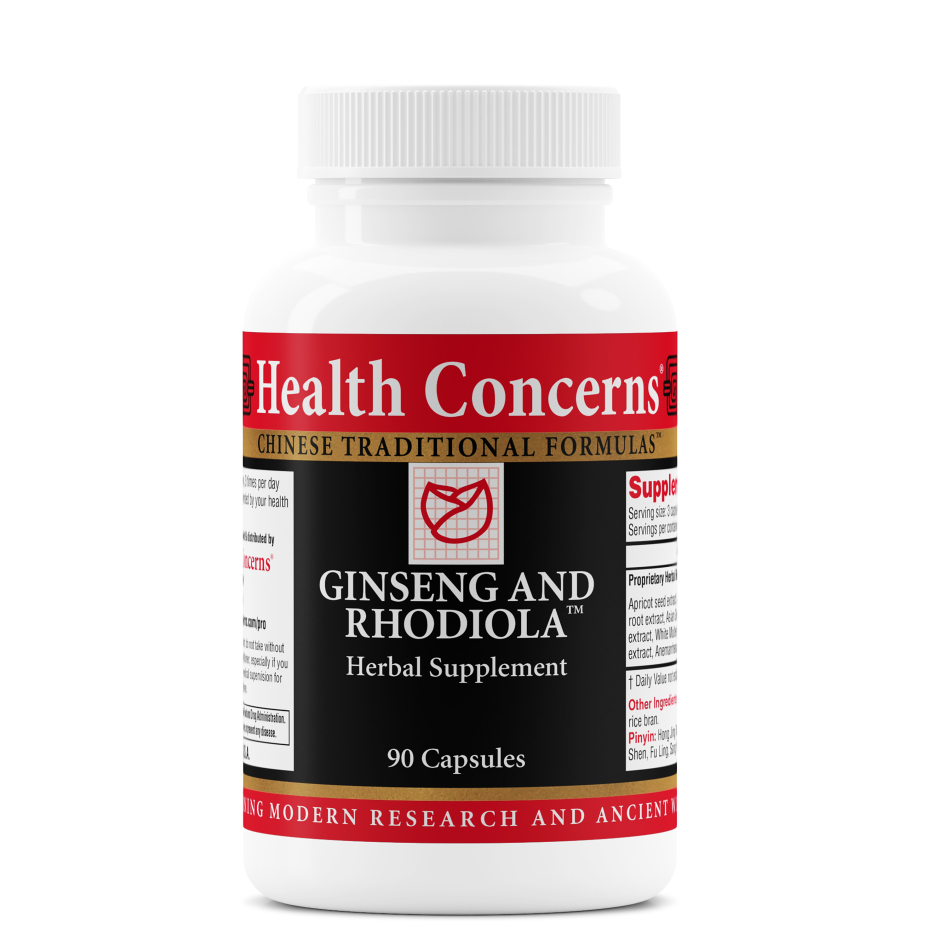
Ginseng & Rhodiola
| SKU | HC162A | |
| Brand | Health Concerns | |
| Unit Size | 90 tablets, 750mg, 10 day supply | |
| Dosage | 3 tablets TID | |
| Contraindications | Not for use with externally contracted pathogenic factors. | |
| Recommendations | Health Concerns Clinical Handbook PDF Note: Health Concerns is converting all formulas from tablets to capsules. Our inventory will reflect both until the conversion is complete. |
|
| Description | Addresses lung qi deficiency with heat and yellow/green phlegm. Tonifies the spleen and heart. Ginseng & Rhodiola is based on the traditional formula Ginseng & Gecko Powder (ren shen ge jie san), used for chronic coughing and wheezing. With the appropriate presentation, this formula may be used to treat asthma, chronic bronchitis, emphysema, and used as an adjunct to treat certain types of tuberculosis. Rhodiola rosea (hong jing tian) is associated with the lung and heart in TCM. Th is Qi tonic is traditionally used for increasing energy, strength, stamina and to prevent lung diseases. It has been studied in altitude sickness, as a preventive and treatment. Rhodiola extracts were found to improve oxygen utilization. Other studies have shown that specific extracts containing 3 percent rosavin and 1 percent salidroside increased time to exhaustion, peak oxygen consumption (VOS) peak carbon dioxide output (VCOS) and pulmonary ventilation in healthy volunteers undergoing endurance exercise testing. Rhodiola extracts have also been shown to be effective in decreasing fatigue in stress related situations, decreasing anxiety, and reducing symptoms of mild to moderate depression after six weeks of treatment. A rhodiola-containing concentrate has been used in multi-drug resistant tuberculosis. Eighty percent of subjects treated with the concentrate in addition to medication had negative sputum smears at the end of the treatment compared with 21 percent in those receiving medication alone. While Chinese emperors are reputed to have sent expeditions to Siberia to gather this medicinal as an elixir of longevity, it has more recently been popularized as an adaptogen. More than 180 pharmacological, phytochemical, and clinical studies published on Rhodiola rosea. Th e root contains flavonoids, triterpenes, and a glycoside called salidroside that is thought to be responsible for many of the adaptogenic effects. Most research has been conducted on Rhodiola rosea extract that contain at least 3 percent rosavin and 1 percent salidroisde. In experimental models,it protects from stressors such as cold and radiation, increased work capacity, decreased fatigue and improved learning and memory. Th e root has antioxidant, anti-inflammatory effects and can decrease C-reactive protein (CRP) levels. Rhodiola has been used in Asia for more than 1000 years. Rhodiola rosea grows at high elevations in China and Siberia The plant produces yellow flowers, which smell similar to roses, therefore its Latin botanical name. Substitutes for R. rosea vary in quality, some have no pharmacological effect. As a result, methods of analysis have been developed to identify R. rosea from other species. Health Concerns Rhodiola is thoroughly identified and tested for efficacy and potency. White Ginseng (bai ren shen) tonifi es Qi and increased lung and spleen qi. Poria (fu ling), benefits the spleen by draining dampness and Morus (sang bai pi) and Prunus (xing ren) regulate Qi. Fritillaria (chuan bei mu), clears heat, moistens the lungs and transforms phlegm. Anemarrhena (zhi mu) clears heat from the lung and nourishes the kidneys. Honey fried licorice (zhi gan cao) harmonizes the actions of the other herbs and also assists in tonifying Qi. Ginseng & Rhodiola has many benefits. It will help improve the lung function, increase work capacity, reduce fatigue, and will reduce the need for pharmaceuticals, which can have a negative effect on quality of life. finally, Gecko has been removed from the formula. It is suitable for vegetarians. Additional Formulas |
|
| Ingredients |
|
|
